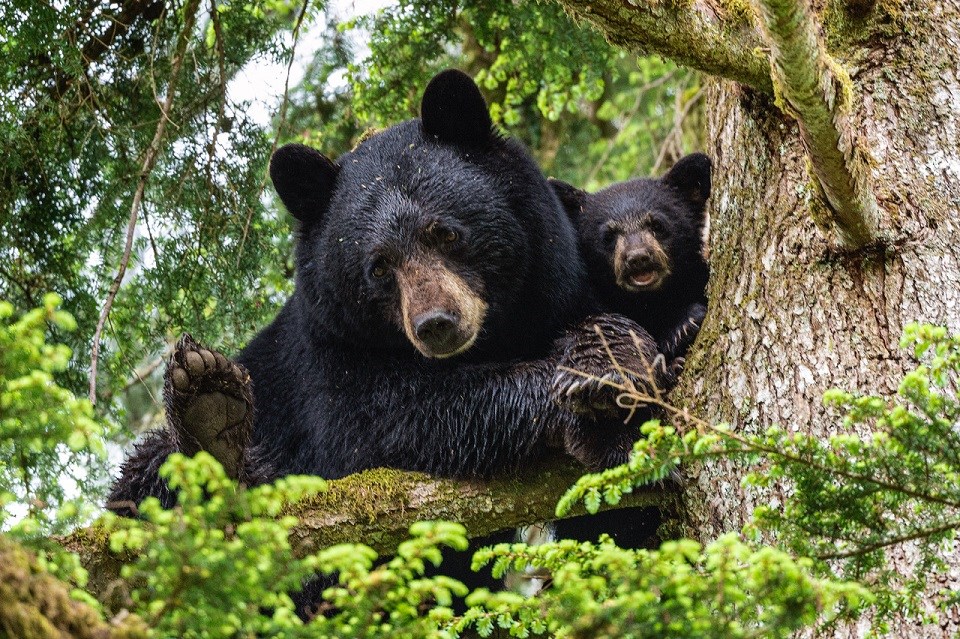As bears begin foraging for their first spring meals, a Tri-City wildlife advocate is reminding everyone to ensure it’s not a carelessly tossed pizza crust or sandwich remnant.
Judy Taylor-Atkinson says she was distressed to see growing mounds of litter from discarded lunches and other food collecting on the grounds of Port Moody’s Inlet Park that is often used as a parking area for nearby construction or film crews.
She said those food wastes were soon joined by bags of household garbage that had been torn open by animals to get at their contents of dinner leftovers.
Taylor-Atkinson said while the mess has since been cleaned up by city crews, she said careless behaviour by humans can have fatal consequences for wildlife.
“Human food isn’t good for wild animals,” she said. “They don’t digest it properly and it can make them sick.”
A ready supply of easy food can also alter their behaviour, added Atkinson-Taylor, who documented some of the mess with her cellphone camera before it was cleaned up.
She said while residents of the Tri-Cities are constantly being reminded to take care handling their waste at home so their garbage cans don’t become attractants for bears or coyotes, sometimes those lessons don’t follow them as they’re out and about.
Visitors to the area may also not be aware of the trouble a moment of carelessness could cause.
Taylor-Atkinson said being bear aware is a round-the-clock, all-points responsibility, especially in the early spring as the bruins and their cubs emerge for their first real meals after hunkering down for the winter.
“If the cubs and mother foraged unnatural food sources just prior to hibernation, they’ll just beetle it back to the last place their got their easy meal,” she said, adding normally bears would be chowing down on early flora like skunk cabbage and dandelions as they await the emergence of the year’s first berries.
Even if they don’t sound the most appetizing compared to a slice of pepperoni pizza, those foods are important to get the bears’ digestive system operating normally again after slowing through hibernation.
It’s not just bears that can get messed up by human litter, or even feed left by well-meaning people.
Atkinson-Taylor said even a gesture like sprinkling bird seed along a trail has the potential to disrupt the balance of the natural predator-prey relationship as such easy pickings can lure mice and rats from their protective places, making them more vulnerable to hungry hawks, owls, raccoons, bobcats and coyotes.
“People are thinking they’re helping,” Atkinson-Taylor said. “But it compounds the predator-prey relationship in an unnatural way.”
She said if people see a pile of litter or food waste gathering on the ground because of careless behaviour or a filled garbage receptacle, they shouldn’t hesitate to contact their city hall so it can be dealt with quickly:



